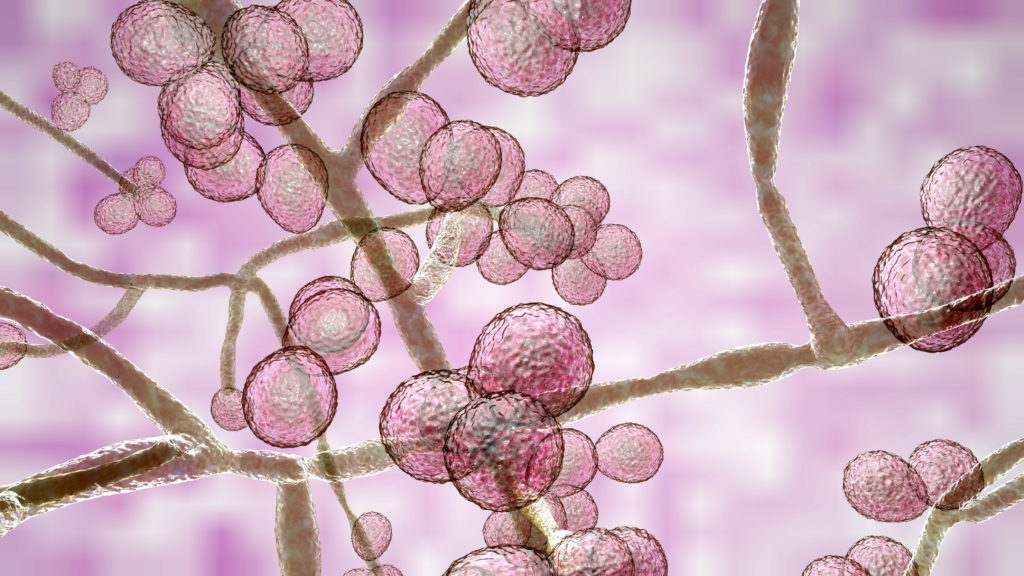
The Stomacher 80 was used to extract candida from tissue vulvovaginal candidiasis. VVC is an opportunistic mucosal infection caused by Candida albicans that affects large numbers of otherwise healthy women of childbearing age.
Acute episodes of VVC often occur during pregnancy and during the luteal phase of the menstrual cycle, when levels of progesterone and estrogen are elevated. Although estrogen-dependent experimental rodent models of C. albicans vaginal infection are used for many applications, the role of reproductive hormones and/or their limits in the acquisition of vaginal candidiasis remain unclear. This study examined the effects of estrogen and progesterone on several aspects of an experimental infection together with relative cell-mediated immune responses. Results showed that while decreasing estrogen concentrations eventually influenced infection-induced vaginal titers of C. albicans and rates of infection in inoculated animals, the experimental infection could not be achieved in mice treated with various concentrations of progesterone alone. Furthermore, progesterone had no effect on (i) the induction and persistence of the infection in the presence of estrogen, (ii) delayed-type hypersensitivity in primary-infected mice, or (iii) the partial protection from a secondary vaginal infection under pseudoestrus conditions. Other
results with estrogen showed that a persistent infection could be established with a wide range of C. albicans inocula under supraphysiologic and near-physiologic (at estrus) concentrations of estrogen and that vaginal fungus titers or rates of infection were similar if pseudoestrus was initiated several days before or after inoculation. However, the pseudoestrus state had to be maintained for the infection to persist. Finally, estrogen was found to reduce the ability of vaginal epithelial cells to inhibit the growth of C. albicans. These results suggest that estrogen, but not progesterone, is an important factor in hormone-associated susceptibility to C. albicans vaginitis.



